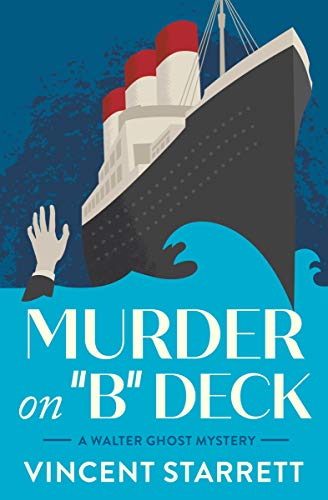
I liked the first Marc Kadella novel that I read, Cult Justice (by Dennis Carstens), even though there were some problems with the prose, because it had solidly conservative content and the story was pretty good. Reminiscent of a John Sandford book, but with a legal setting. The second one, Maddy’s Justice, I liked less, because it was all You-Go-Girl feminism (as I perceived it). So I figured I’d give Kadella one more shot with Twisted Justice. I have to say, he knocked it out of the park. For this reader.
Minneapolis lawyer Marc Kadella, along with his impossibly hot girlfriend, Maddy Rivers, attends a Christmas season party in a box at U.S. Bank Stadium. They were invited by Parker Crane, a friend who’s done well in financial services. During the party, Parker asks Marc about what a divorce would cost him, as his marriage is on the rocks. When he hears the answer, Parker comments that he’d be better off killing her. Then he takes it back.
Not long after, Parker’s wife Diana is stabbed to death in the parking garage of her lover’s apartment building. When the police check Parker’s cell phone records, they put him in that exact spot at the time of the murder.
Parker maintains that his phone was stolen, and he’s being framed. He retains Marc to defend him. As a defense attorney, Marc, of course, has no need to prove Parker innocent. He just needs to raise reasonable doubt. His obvious tactic is to construct a SODDI (Some Other Dude Did It) defense.
To do this, he looks into Diana’s personal history – and finds a wealth of alternative murderers. Because it turns out Diana, a former Minnesota Vikings cheerleader, had a nice little side gig going as a high-end call girl. And some of her clients were among the most powerful men in Minnesota, men with plenty of things to hide…
This book was a little more courtroom-centric than the previous book, with fewer shootouts and gunfights. That was fine with me. The courtroom scenes seemed authentic, and thus educational. As usual with this series, I found the character banter amusing, but not convincing. The problem with misplaced modifiers in the text, so evident in Cult Justice, was not noticeable here. I did note one badly cast sentence that should have been re-written, but in general the writing was okay. The final “surprise twist” didn’t surprise me, but was dramatically appropriate.
What I really loved about Twisted Justice was that it poked a well-deserved finger in the eye of the Minnesota power structure. That was genuinely sweet.









